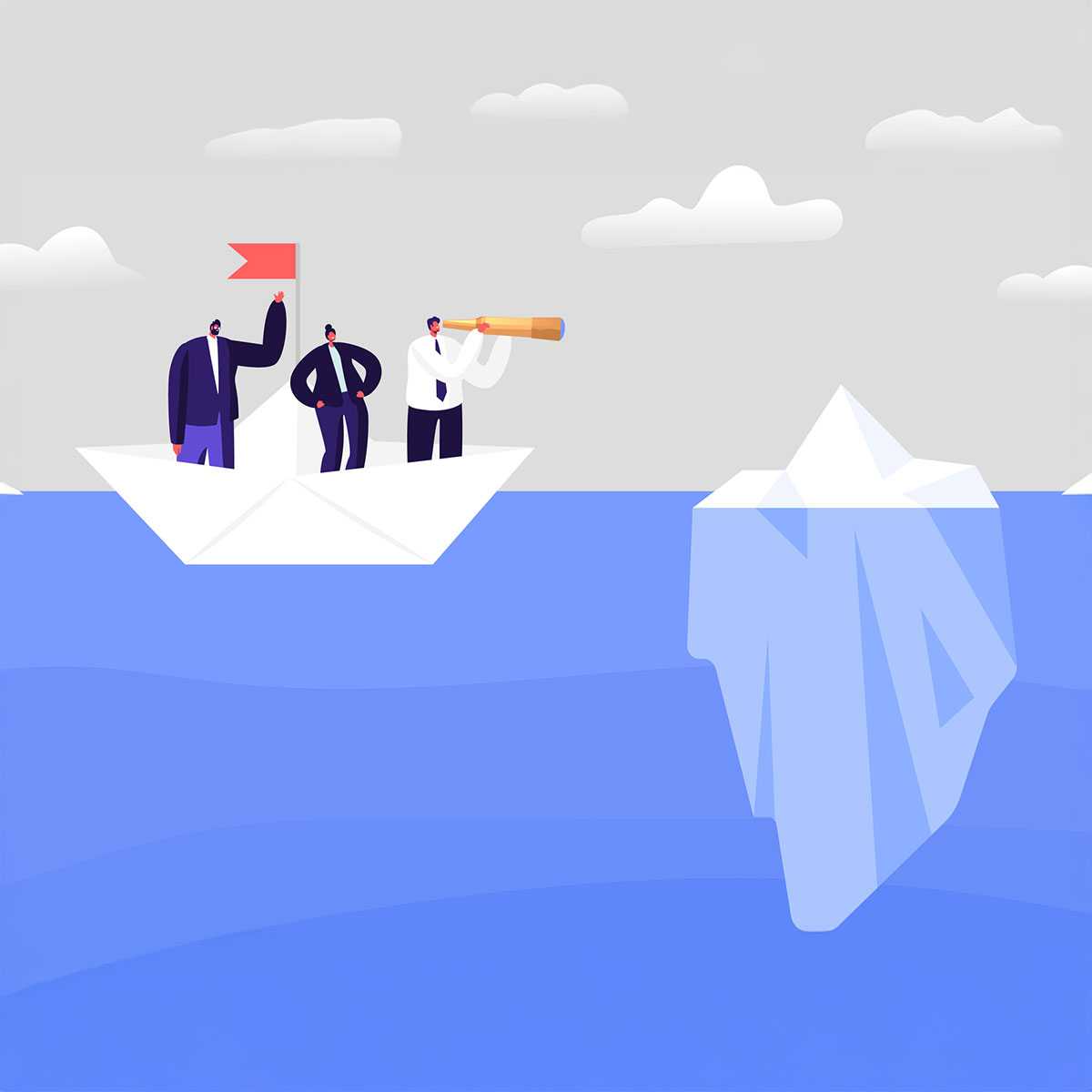

A crisis often creates panic, fear and stress. The result: poor crisis responses. So smart communicators focus on crisis teamwork, planning, preparation and training, so their teams are equipped to respond to a crisis and not be overwhelmed by negative reactions.
But sometimes you miss a critical step–crisis prevention–which demands a brave, new approach.
Preventing crises first requires a mindset shift. Most crises are NOT inevitable. Your company is NOT the victim. You are NOT helpless. Your company must embrace trouble. How often do you ask, “What could go wrong?” as a key part of planning? Asking the hard questions opens the door for your team to meet issues head-on, talk about what could “go south,” and have the hard, but ever-important conversations necessary to effectively manage your business and prevent crises from occurring.
Next, you must reward the truth-tellers in your organization in order to prevent crises. Spot-bonuses and public recognition can be great methods to incentivize team members to speak up, recognize the early-warnings signs of trouble and get involved with the crisis prevention process. Make truth-telling easier by scheduling a weekly “pulse call” with your colleagues. This is a conversation about what is coming–with input from communications, legal, regulatory, quality control, operations, and any other critical functions. Often, the members of your internal team are your best resource. They work with these issues every day, have their “ear to the ground,” and are well equipped to inform you about the pitfalls your organization may face in the coming days, weeks, months and years.
The Wall Street Journal recently reported in an article headlined, “Quality is Problem 1,” that Ford Motor Co. is pursuing crisis prevention. After 46 separate safety recalls on 6.8 million vehicles in just the first seven months of 2022, Ford’s new CEO Jim Farley aims to improve how the auto maker identifies problems–which so far has included using video cameras to spot production problems, employing more intense social media monitoring of customer complaints and pushing employees to speak up early about production and design issues.
Successful crisis prevention also demands new tools and new architecture.
You can use AI to “peer into the future” to spot issues early on, identify which stakeholders are driving the conversation, and then respond to shape the conversation in your favor. Make sure not to focus simply on a narrow view of the particular issue. Take a holistic, broad approach by monitoring issues industry wide. Conduct regular competitor audits to see how your competitors responded to similar issues, what worked, what did not and then use those insights to your advantage.
You should create a standing cross-functional issues management committee–empowered by the Board of Directors and the C-Suite to identify and address long-range issues and “fast fuse” ones. Issues take a myriad of different forms, but often involve competitive products, NGO attacks, media scrutiny, regulatory inquiries and other similar concerns. The committee can draw on subject matter expertise within the company to support its efforts. The committee should complement–not replace–your crisis team. By recognizing, preventing and mitigating issues early you can contain brush fires before they become raging infernos. Before a crisis occurs, it is critical to forecast the potential impact of these issues on key reputational drivers and develop a coherent response strategy.
It is essential that the issues management committee oversee and encourage the company to pursue a proactive engagement strategy with regulators, NGOs and activists, and key media outlets and reporters and social influencers. Too often when facing an exploding issue or crisis, companies have no allies to support or provide context to their approach or response.
Since COVID-19 descended, chief communications officers have shared with me their struggles to stay above the surface while meeting the demands they face. They confront the daily demands of the office, deal with complications relating to the COVID-19 pandemic, meet the unrealistic expectations and demands of colleagues, and balance their own personal lives with their work-related obligations. Here’s what some of them have told me:
“It’s awful–I can’t tell you how much stress I’m under all the time . . . everything is urgent.” “My job hurts–I’m suffering cognitive overload . . . I’m on calls eight hours a day, and then I spend two hours dealing with the 150 daily emails I’ve gotten.” “It’s always a fire drill . . . just another day on the ‘crazy train.’”
The challenges they describe reinforce the need for crisis prevention. They and their companies will be better served when they see the embers before they spark fires, snuff out slow-burning fires before they spread, and respond effectively when fires flare up without warning.
Yes, some crises are inevitable. But effective crisis prevention can eliminate some and shrink many.


